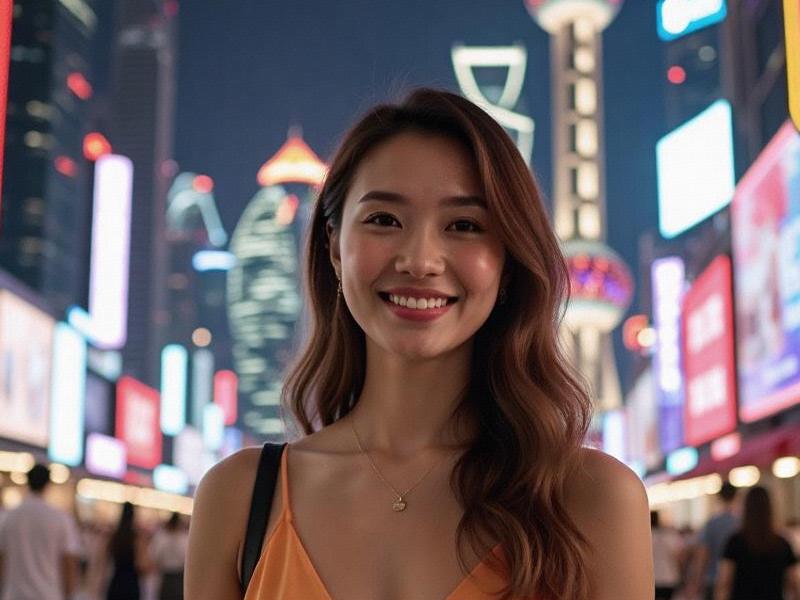This 2,500-word investigative report examines how Shanghai's entertainment venues are reinventing themselves as hybrid spaces blending Chinese hospitality traditions with global nightlife concepts, creating a distinctive after-dark ecosystem.

Section 1: The New Nightlife Geography
• Current Market Overview:
- 680 registered entertainment venues citywide
- ¥48 billion annual industry revenue
- 62% compound growth since 2020
- Pudong vs. Puxi divide narrowing
• Emerging Hotspots:
- "Bund Underground" speakeasies
- Former industrial warehouses in Yangpu
- Lujiazui rooftop concepts
- Xuhui "hidden door" establishments
Section 2: Cultural Hybridization
1. East-Meets-West Concepts:
上海龙凤419足疗按摩 - Whiskey tea houses
- Electronic erhu performances
- Mixology with Chinese medicinal ingredients
- Digital ink painting projection mapping
2. Clientele Dynamics:
- 55% domestic high-net-worth individuals
- 30% expatriate professionals
- 15% international tourists
- Generational shifts in consumption patterns
Section 3: Technological Integration
• Cutting-Edge Features:
- Facial recognition VIP systems
- AI-powered drink recommendation engines
上海花千坊爱上海 - Holographic host performances
- Blockchain-based membership programs
• Digital Marketing Strategies:
- Douyin (TikTok) venue takeovers
- VR club previews
- NFT loyalty rewards
- KOL partnership ecosystems
Section 4: Regulatory Landscape
• Current Compliance Framework:
- Stricter alcohol service regulations
- Enhanced fire safety requirements
- Noise pollution controls
- Labor protection measures
上海品茶网
• Industry Adaptation:
- "Quiet luxury" repositioning
- Cultural heritage partnerships
- Sustainable operation certifications
- Digital payment transparency systems
Section 5: Global Context
Comparative Analysis:
- Shanghai vs. Tokyo's host club culture
- Contrasts with Las Vegas mega-clubs
- Lessons from London's members-only model
- Parallels with Seoul's K-pop entertainment complexes
Shanghai's nightlife scene reflects the city's unique position as a global meeting point - where traditional Chinese hospitality values intersect with international entertainment concepts, creating a vibrant after-dark economy that both responds to and shapes the city's evolving social dynamics.